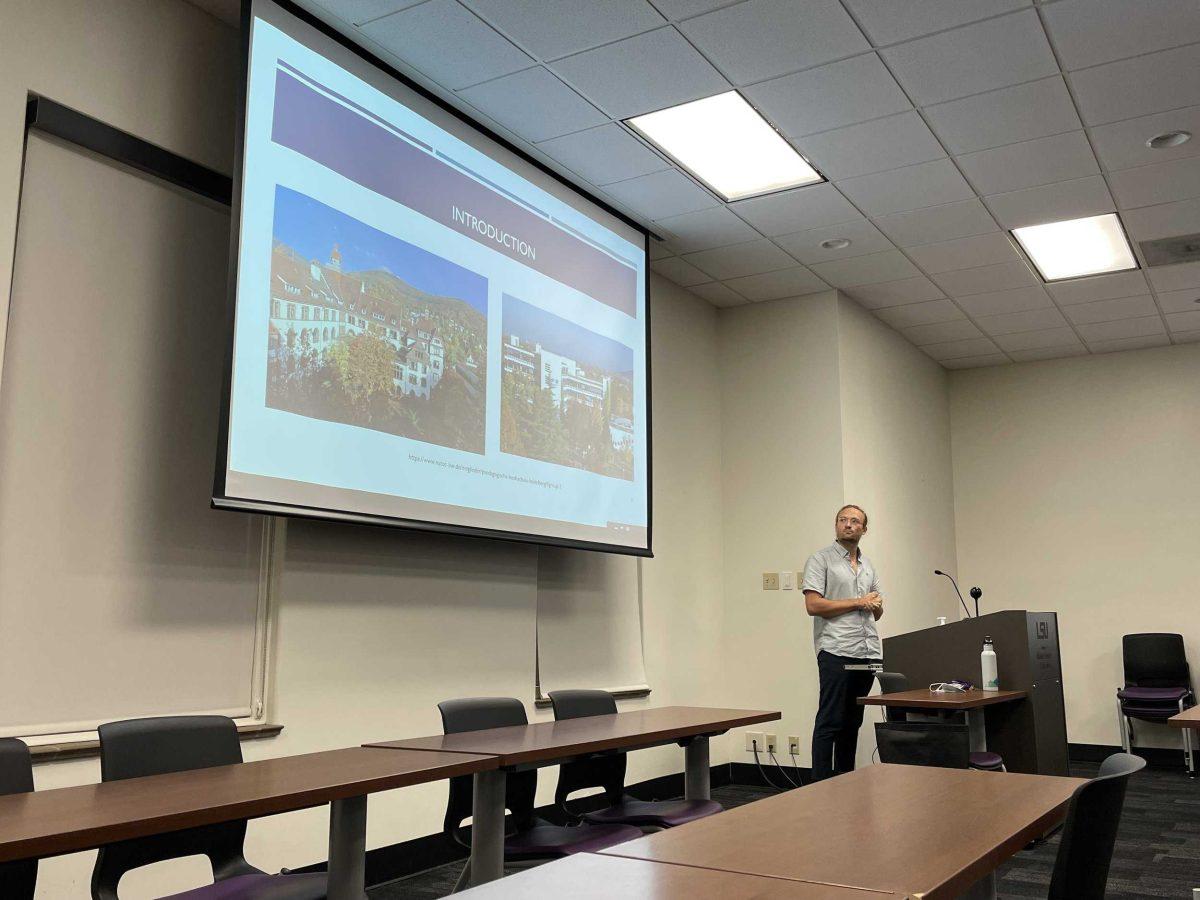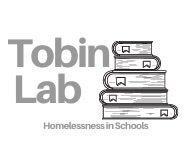An education professor at LSU used her passion for discussing homelessness, education, housing and justice to create a creative space called the Tobin Lab to collaborate with students.
Kerri Tobin said she started the Tobin Lab because she wanted a formal way to collaborate on ideas with her Ph.D. students.
“My students all work from different angles, so aligning ourselves in an official way helps sharpen our thinking and streamline our efforts to get our ideas out into the larger research community,” Tobin said.
Although Tobin and her students meet in Peabody 107, she said the Tobin Lab isn’t a physical space but rather an intellectual one.
“It exists any time my grad students and I get together to talk about ideas,” Tobin said. “It’s not a physical space, though I guess Peabody 107 is where most of the synergy happens. Sometimes at Starbucks too.”
Tobin said that the purpose of the Tobin Lab is twofold: to create a space for scholars to engage with each others’ ideas in a formalized way and to showcase their work as well as current research about the educational needs of unhoused students.
“Because homelessness is my research topic but also something that needs immediate action, we walk the line of learning [and] teaching about it and actually doing something to solve its myriad problems,” Tobin said.
Every spring, Tobin teaches a class called Homelessness in Our Community, in which undergraduate students either do a research project or a service project. She also said the lab’s website houses some of the work and information her students have gathered.
Thanks to the creation of the Tobin Lab website, she and one of her graduate assistants published the only existing guide for classroom teachers on meeting the needs of homeless students in their classes.
“My students continue to research and publish their own ideas for advancing equity,” Tobin said.
Tobin also said that one of the lab’s major accomplishments is gaining international attention for the work they do, which resulted in a fruitful collaboration with Matthias Fischer, a Ph.D. student from the University of Education in Heidelberg, Germany.
“He found our website, learned about our work and traveled to the U.S. to study with us for a couple of weeks,” Tobin said.
Fischer’s research focus is on science education in German street schools. He said that street schools aim to provide education to homeless, unaccompanied youth and young adults who have dropped out of school without an official diploma.
Fischer said he had various reasons why he chose to study in the U.S.
“There are several researchers [like Tobin] who are working in my research field and I wasn’t able to find any researchers with a similar focus in Europe,” Fischer said. “I [also] wanted to have an exchange of ideas and results with a researcher who works in the context of a different country and educational system.”
Fischer said he gave a guest lecture at LSU about what lessons the U.S. can learn from his studies of the academic needs of homeless youth in Germany.
Tobin said that she and Fischer are working on a manuscript regarding academic self-efficacy in German street youth.
“I am hopeful that the work we are doing based on his research can inform how we serve homeless youth here in the states,” Tobin said.
Brandy Gros, a higher education administration and policy doctoral student at LSU, became Tobin’s graduate assistant. She said creating the Tobin Lab website was one of her first tasks.
As a part of the Tobin Lab, she has been able to discuss international issues of homelessness in education and race. These discussions have allowed her to speak with Jennifer DeBoer and Dinesh Radhakrishna from Purdue University, who are working at an alternative school of formerly homeless youth expanding engineering.
One of Gros’ goals in working with the Tobin Lab is to highlight researchers and understand their intentions towards homelessness.
“I always get asked why I started working with homelessness,” Gros said. “I know my why, and it is interesting to hear others’ why, and their perspective on the issue. Therefore, I would like to highlight those individuals because it takes a special type of person to do this work.”






